Ten Most Influential Chinese Sci-Fi Works
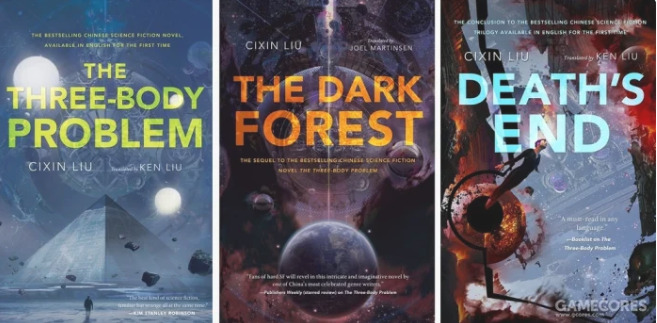
Lunar Colony by Huangjiang Diaosou, published in 1904
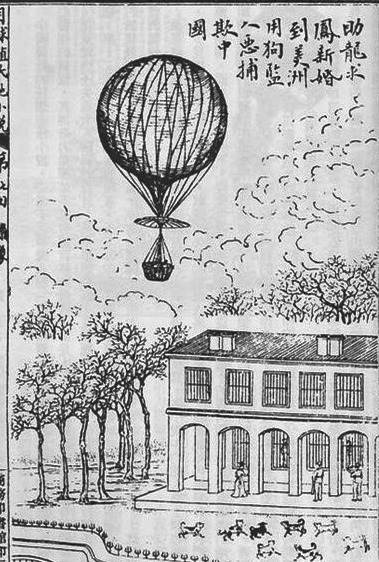
The work is considered by many to be the first Chinese sci-fi novel.
The novel grafts the classical Chinese novel style with a sci-fi core, breaking from the ancient Chinese folk fantasy about the Moon Palace and Goddess Chang’e, so it is no exaggeration to call it the beginning of Chinese sci-fi novel.
New Adventure of Mr. Faluo by Xu Nianci, published in 1905
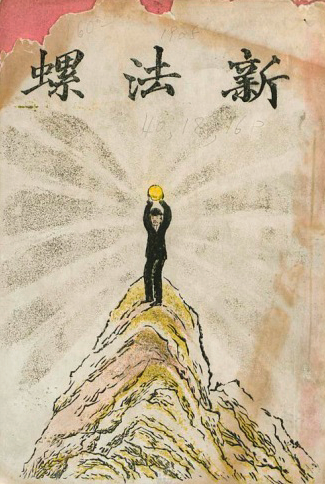
The work is known as the first complete Chinese sci-fi short story.
The word “Faluo” was taken from the Japanese word for “fable.” The novel centers around the adventures of protagonist Mr. Faluo whose body is separated by a “cosmic wind.” His soul flies to Mercury and Venus while his body falls into the center of Earth.
A Tale of Cat City by Lao She, published in 1932
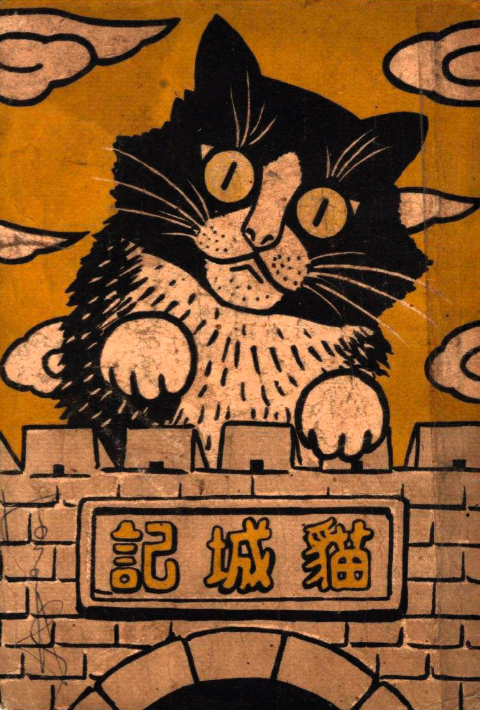
The work is known as the first modern Chinese sci-fi novel to be translated into foreign languages.
The story’s protagonist takes a plane to explore Mars, where he meets the “cat man” and ventures to the capital city of the cat country.
Like George Orwell’s Animal Farm, A Tale of Cat City is more like a satirical fable. The novel was translated into English, Japanese, and French and distributed abroad.
From Earth to Mars by Zheng Wenguang, published in 1954
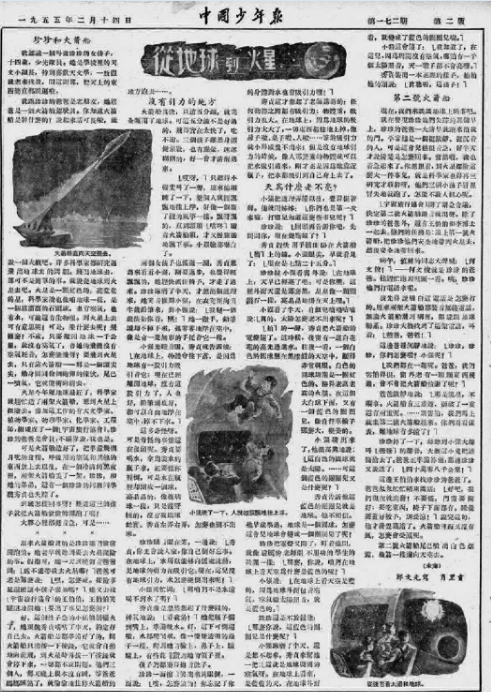
The work is known as the first widely influential sci-fi novel since the founding of the People’s Republic of China in 1949.
Publication of the novel ignited a boom in Chinese science fiction, and even a rise in Mars observation around Beijing, where people lined up at the ancient observatory at Jianguomen to look for the planet.
Mars’ Constructors by Zheng Wenguang, published in 1957
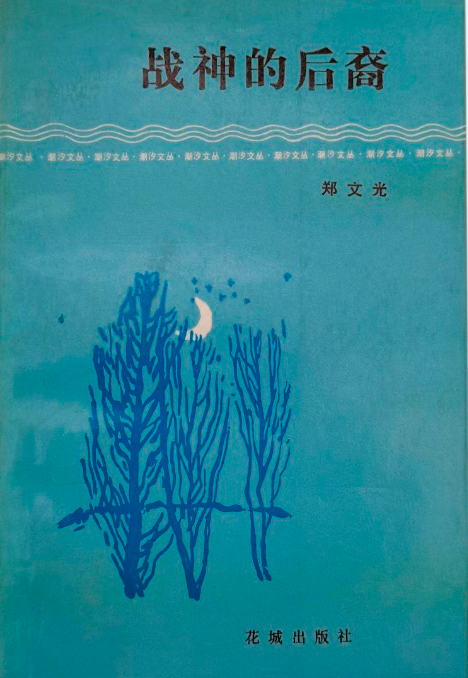
The work is known as China’s first sci-fi novel to win an international award.
The novel follows Chinese builders constructing cities on Mars to make a second home for mankind.
The novel won the Moscow World Youth Festival Science Fiction Award in 1957. Later, Zheng Wenguang expanded the novel into a longer story and renamed it Descendants of the God of War.
Little Smarty Travels in the Future by Ye Yonglie, published in 1978
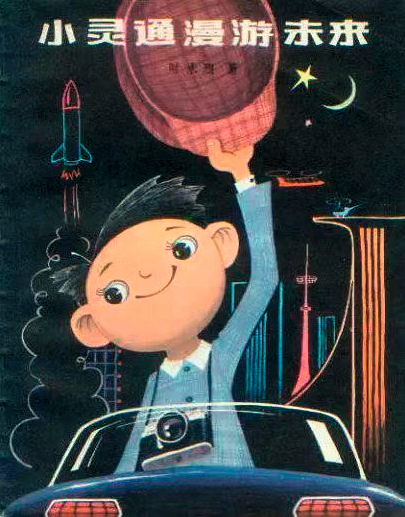
With a total print run of 3 million copies, this book set a Guinness record for Chinese science fiction at the time.
From the perspective of reporter Little Smarty, the work imagines the many potential achievements of future cities in terms of science and technology. Author Ye Yonglie was the first Chinese member of the World Science Fiction Association. In 1982, he became one of eight directors of the association.
Death Ray on the Coral Island by Tong Enzheng, published in 1978
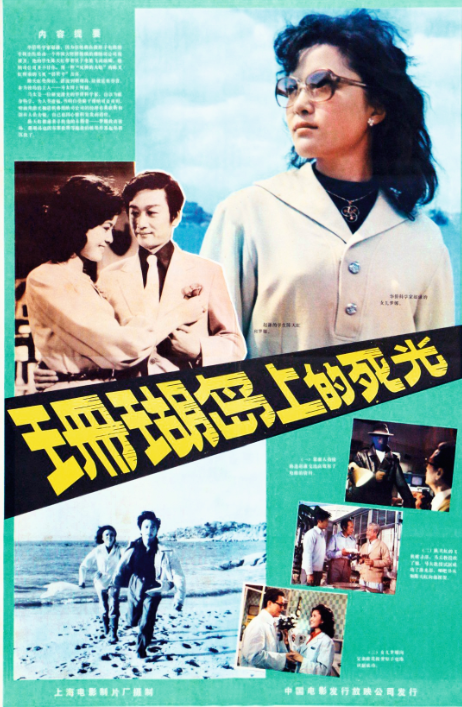
The work is known as the first Chinese sci-fi novel to be adapted into a movie.
The novel tells the story of a Chinese scientist living overseas who is dedicated to serving the motherland. To escape international underworld forces conspiring to steal his research, he endures hardships and dangers to take his work back to the motherland.
Two years after official publication of the novel, an eponymous film was produced. The film was China’s first sci-fi movie in the broadest sense.
The Song of Life by Wang Jinkang, published in 1995
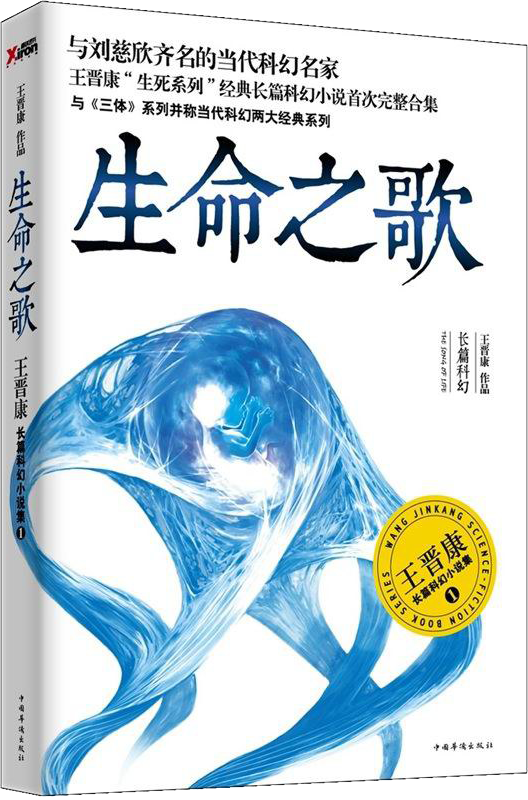
This novel won the special prize at the 7th Galaxy Awards, the top award for sci-fi works in China, in 1995. In 2021, a film adaptation of the novel won Best Short Film at the 48th Film Fest Ghent in Belgium.
Author Wang Jinkang introduced the concept of “physics-based science fiction” and injected philosophical ideas into science fiction.
The Three-Body Problem by Liu Cixin, published in 2006

The work is a milestone in Chinese science fiction literary history.
The “Three-Body” trilogy depicts a life-and-death struggle between human civilization and the three-body civilization culminating in the rise and fall of the two civilizations.
In 2015, the first novel of the “Three-Body” trilogy won the 73rd Hugo Award for Best Novel. The Hugo Award is the highest international award in sci-fi literature. A work from an Asian country had never won the prize before since its inception in 1953.
Exorcism by Han Song, published in 2017
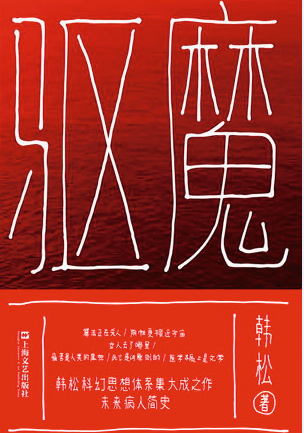
This book was titled “Best Novel” and “Best Sci-Fi Film Creative Award” at the 8th Chinese Nebula Awards in 2017.
Exorcism is the second volume of Han Song’s “Hospital” trilogy. Critics theorized that Han invented the concept of “medical punk” by seeing the universe as an enormous hospital, creating a new subgenre of world science fiction and broadening the definition of science fiction.